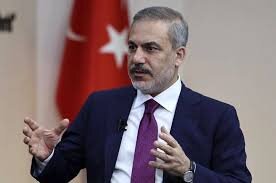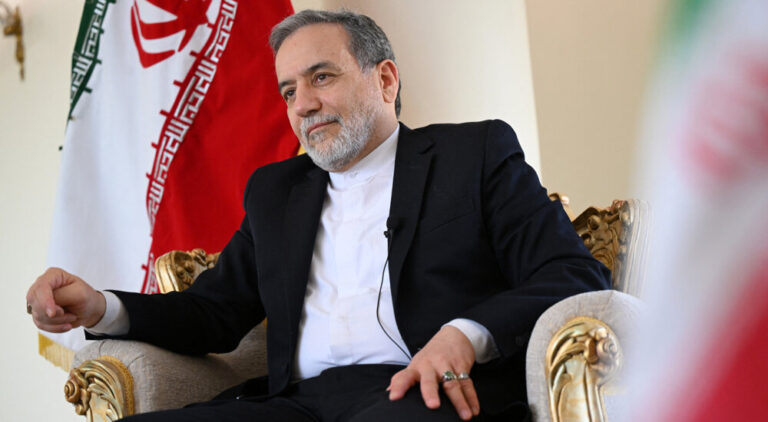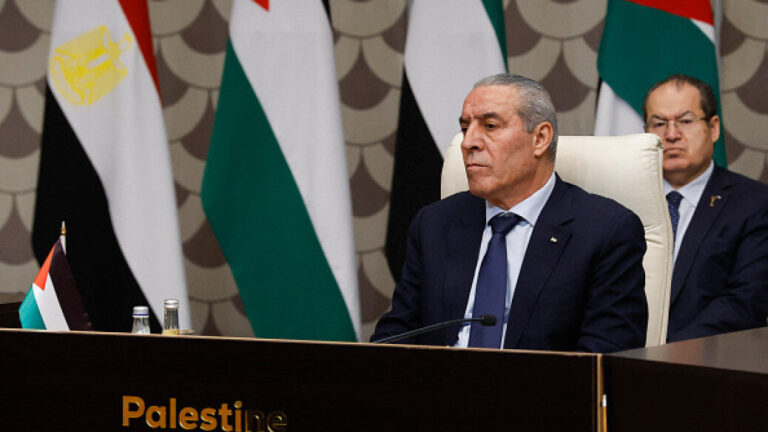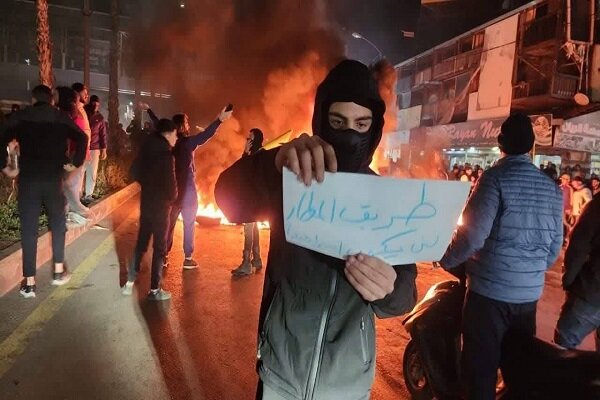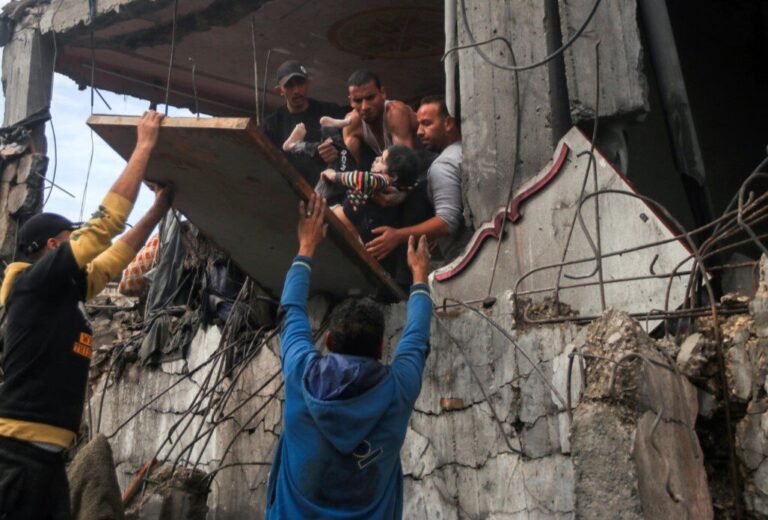Turkey Raises Alarm Over Potential Resurgence of Israeli ‘Genocide’
The ongoing tensions in the Middle East have raised critical concerns, particularly regarding the actions of Israeli Prime Minister Benjamin Netanyahu and his cabinet following the potential release of Israeli captives from the Gaza Strip. In a recent news conference, Turkish Foreign Minister Hakan Fidan emphasized these fears while addressing the media alongside his Egyptian counterpart, Badr Abdelatty, in Ankara.
During the conference, Fidan disclosed that he had met with members of Hamas’s political bureau in Doha just the day before. His statements highlighted the urgent need for the international community to remain vigilant about the situation in Gaza.
Fidan stated, “The Hamas side has no hesitation in fulfilling the terms of the ceasefire agreement. However, there are questions around the world about how the Netanyahu government will behave after the release of Israeli prisoners,” according to Anadolu Agency. This remark underscores the delicate nature of the ceasefire and the complicated dynamics involved in the ongoing conflict.
- Concerns Over Israeli Government Actions: Fidan’s comments reflect a broader worry about the potential for renewed violence following the release of captives.
- International Unity Required: The Turkish diplomat called for a unified response from the international community to prevent any resurgence of hostilities.
- Rejection of Controversial Suggestions: Fidan also expressed Turkey’s disapproval of former President Donald Trump’s suggestion to “clean out” Palestinians from Gaza, labeling it unacceptable and dangerous.
In the context of these discussions, it is essential to consider what actions might follow the release of captives. The geopolitical landscape in the region is fragile, and the reactions from various parties could significantly influence the next steps in the ongoing conflict.
Fidan’s meeting with Hamas leaders signals Turkey’s active role in mediating and addressing the crisis. His emphasis on the importance of fulfilling ceasefire terms is critical, especially as both sides navigate the complexities of negotiations.
Furthermore, the Turkish foreign minister’s appeal to the global community is a call to action, urging nations to adopt a cohesive approach in addressing the humanitarian concerns in Gaza. The specter of renewed violence looms large, and any miscalculation could lead to dire consequences for civilians caught in the crossfire.
To understand the full implications of these developments, it is crucial to recognize the historical context of the Israeli-Palestinian conflict. The relationship between Israel and Hamas has been marked by cycles of violence, ceasefires, and negotiations, often resulting in significant loss of life and humanitarian crises.
- Historical Context: The Israeli-Palestinian conflict has deep roots, with both sides holding longstanding grievances that fuel ongoing tensions.
- Cycles of Violence: Periods of relative calm are often shattered by escalations, leading to significant humanitarian challenges.
- Humanitarian Concerns: The impact of conflict on civilians is profound, necessitating urgent international attention and intervention.
As the situation evolves, the international community must remain engaged and proactive in seeking resolutions that prioritize peace and stability. The potential for further escalations in Gaza necessitates a careful and coordinated approach to diplomacy.
In conclusion, the statements made by Turkish Foreign Minister Hakan Fidan serve as a poignant reminder of the precarious nature of peace in the region. The upcoming days and weeks will be critical in determining the trajectory of the conflict and the humanitarian situation in Gaza. It is imperative for global leaders to heed the warnings and work collaboratively to prevent further violence, ensuring that humanitarian needs are met and peace is pursued earnestly.
As the world watches closely, the actions taken by the Israeli government and Hamas will undoubtedly shape the future of the region. The call for unity and rejection of harmful rhetoric, such as that proposed by Trump, is crucial in fostering a climate where dialogue can replace conflict.
